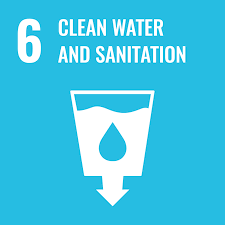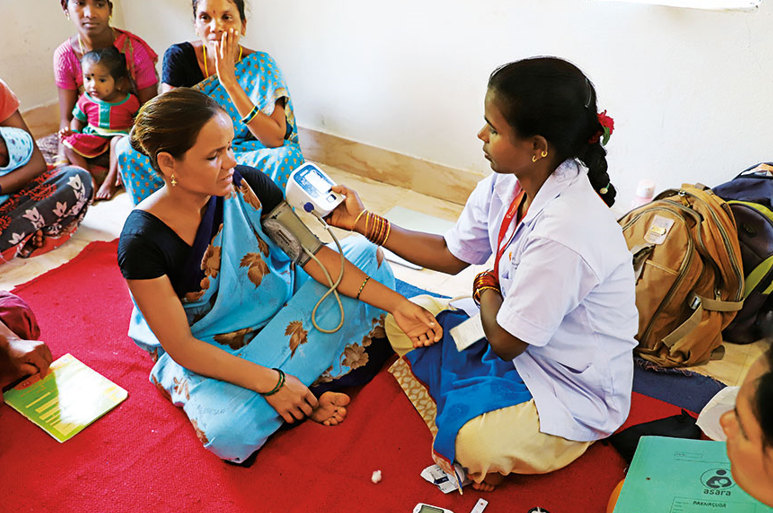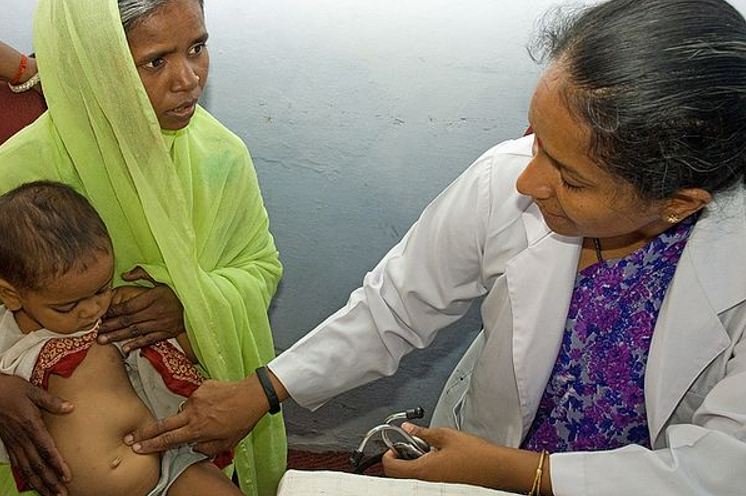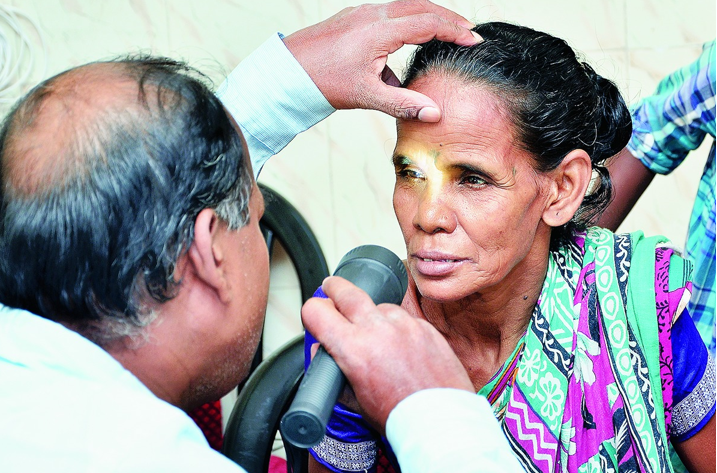For us Education is birth right of everyone in society. All should have equal rights to have better health and sanitation within and outside of their own environment. Promotion of Swachh Bharat in rural India is our approach. Creating awareness and involving community in each program activities will set up the tone for future buildup of healthy and well-educated society We are promoting the two greatest potential resources, the productivity of the land and water.

A generation ago, people used to see their doctor only when they were sick, or dying. Today, preventative health care is becoming commonplace as people become more educated and empowered about their own health. People are preemptively seeking medical advice on how to live a healthy lifestyle. They are looking to lower their risk of various conditions or diseases by maintaining a healthy diet, weight, and level of physical activity. Doctors are also requesting that patients get regular check-ups to help stay on top of their health. They are highlighting the importance of prevention, as a means to reduce the number of patients requiring medical treatment or surgery. Regular check-ups can help find potential health issues before they become a problem. When you see your doctor regularly, they are able to detect health conditions or diseases early. Early detection gives you the best chance for getting the right treatment quickly, avoiding any complications. By getting the correct health services, screenings, and treatment you are taking important steps toward living a longer, healthier life.

A good health care system that provides immunization, oral rehydration, periodic deworming, early diagnosis and proper treatment of common illnesses can go a long way in preventing malnutrition in the society. Malnutrition refers to getting too little or too much of certain nutrients. It can lead to serious health issues, including stunted growth, eye problems, diabetes, and heart disease. Malnutrition affects billions of people worldwide. Globally in 2020, 149 million children under 5 were estimated to be stunted (too short for age), 45 million were estimated to be wasted (too thin for height), and 38.9 million were overweight or obese. Around 45% of deaths among children under 5 years of age are linked to undernutrition. These mostly occur in low and middle-income countries. At the same time, in these same countries, rates of childhood obesity are rising.

Safe access to sanitation facilities, especially functional toilets, is fundamental for improved physical and mental health, wellbeing, and education outcomes. Poor access to improved sanitation disproportionately affects women and girls over their life course. This includes a higher risk of violence, lack of privacy, increased psychosocial stress, potential health risks including risks to their reproductive health, and poor menstrual hygiene management. Gender differences exist across the sanitation value chain, from limited access, frequency of use, child care needs, safe access to public toilets, to responsibilities of daily maintenance. The need to increase gender equity in sanitation access is emphasized in the Sustainable Development Goals (SDG) 5 and 6 to ‘eradicate open defecation and ensure the availability and sustainable management of sanitation for all, with a specific focus on addressing the needs of women and girls and people in vulnerable situations.
